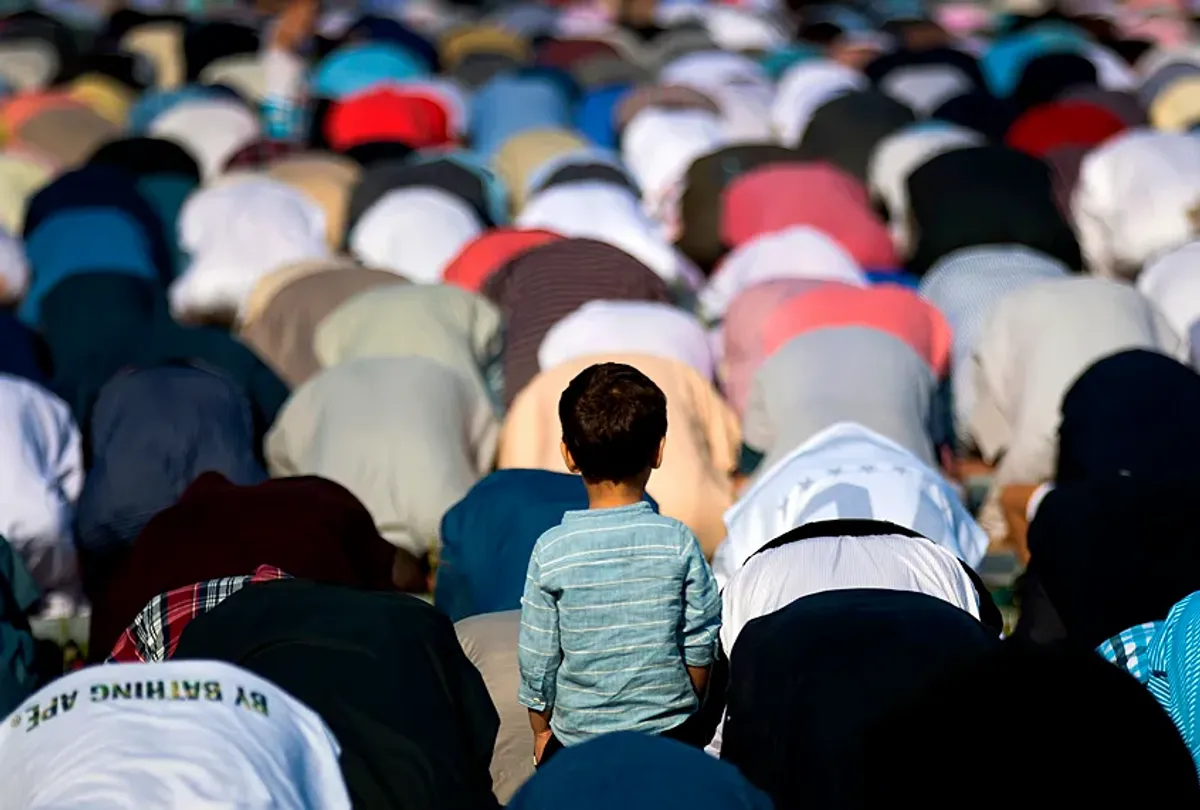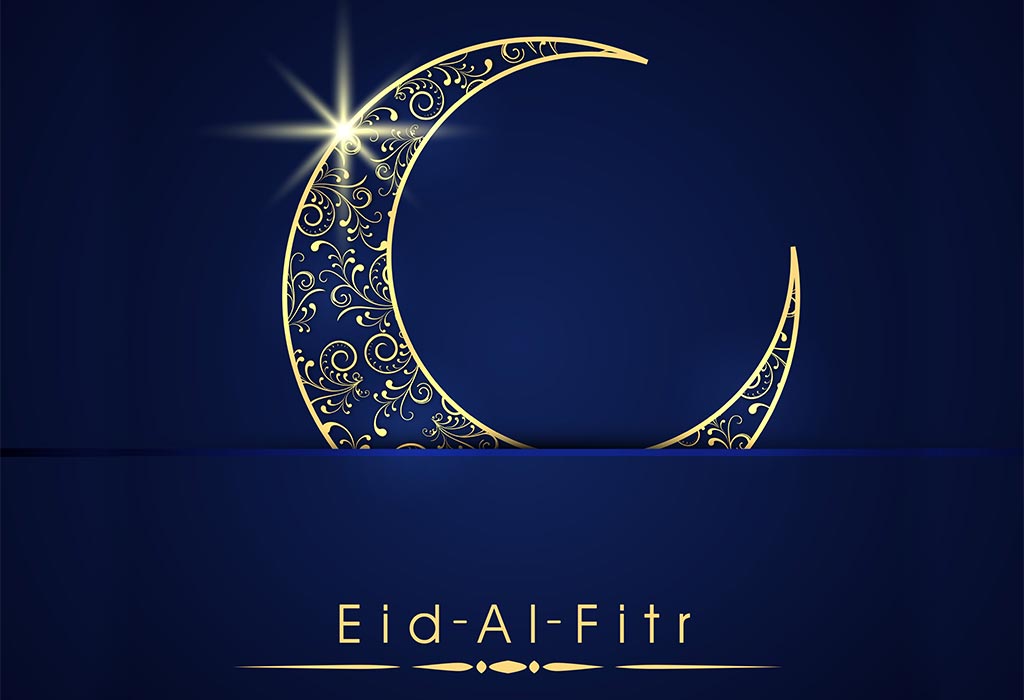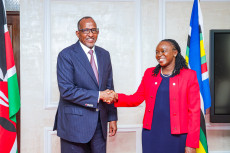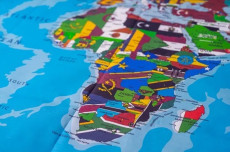- Saudi Arabia, the UAE, Qatar, and Bahrain celebrated Eid on March 30, while Oman, Morocco, and Indonesia observes it on March 31, 2025.
- The difference arises from moon sighting variations.
- The celebration marks the end of Ramadan, bringing prayers, feasts, and communal gatherings across diverse Islamic traditions.
While Saudi Arabia and several Gulf nations, including the UAE, Qatar, and Bahrain, celebrated Eid on Sunday, March 30, 2025, some countries, such as Oman, Morocco, and Indonesia, mark the festival on Monday, March 31.
The variation in dates stems from the traditional moon sighting method used to determine the start of Shawwal, the month that follows Ramadan in the Islamic calendar.
Eid Al-Fitr, meaning the "Festival of Breaking the Fast," is one of the most significant Islamic celebrations. It marks the end of Ramadan, a month of fasting, prayer, and spiritual reflection. For Muslims worldwide, Eid is not just a day of feasting but a moment of gratitude, charity, and communal bonding.
Spiritual Significance and Traditions
The day of Eid begins with a special prayer known as Salat al-Eid, performed in congregation at mosques or open spaces. Before heading for the prayer, Muslims pay Zakat al-Fitr, a charitable donation aimed at ensuring that those less fortunate can also partake in the festivities.
Read More
Following the prayers, families gather to share meals, exchange gifts, and visit relatives. Traditional dishes vary across cultures, with sweet treats like sheer khurma in South Asia, maamoul in the Middle East, and ketupat in Indonesia gracing dining tables. Children often receive "Eidi," money or gifts from elders, symbolizing love and blessings.

A Global Celebration
Eid Al-Fitr, however, is celebrated differently across the world, reflecting the diverse cultures within the Muslim community. In the UAE and Saudi Arabia, grand feasts and public events mark the occasion, with fireworks and entertainment for families.
In Indonesia, with the world’s largest Muslim population, millions travel to their hometowns in a tradition known as "mudik" to reunite with family. In Turkey, the festival, known as "Ramazan Bayramı," sees people visiting cemeteries to pay respects to deceased loved ones.
Governments in Muslim-majority countries often declare public holidays, allowing families time to celebrate. Even in nations with smaller Muslim populations, such as the UK, the US, and Australia, communities gather in mosques and community centers to observe Eid together.
The Essence of Eid
Beyond the festivities, Eid Al-Fitr reinforces values of gratitude, generosity, and unity. It serves as a reminder of the importance of compassion, as communities extend support to the less fortunate through charity and food donations.
As millions of Muslims embrace the joy of Eid, the festival stands as a testament to faith, renewal, and the enduring spirit of togetherness.












